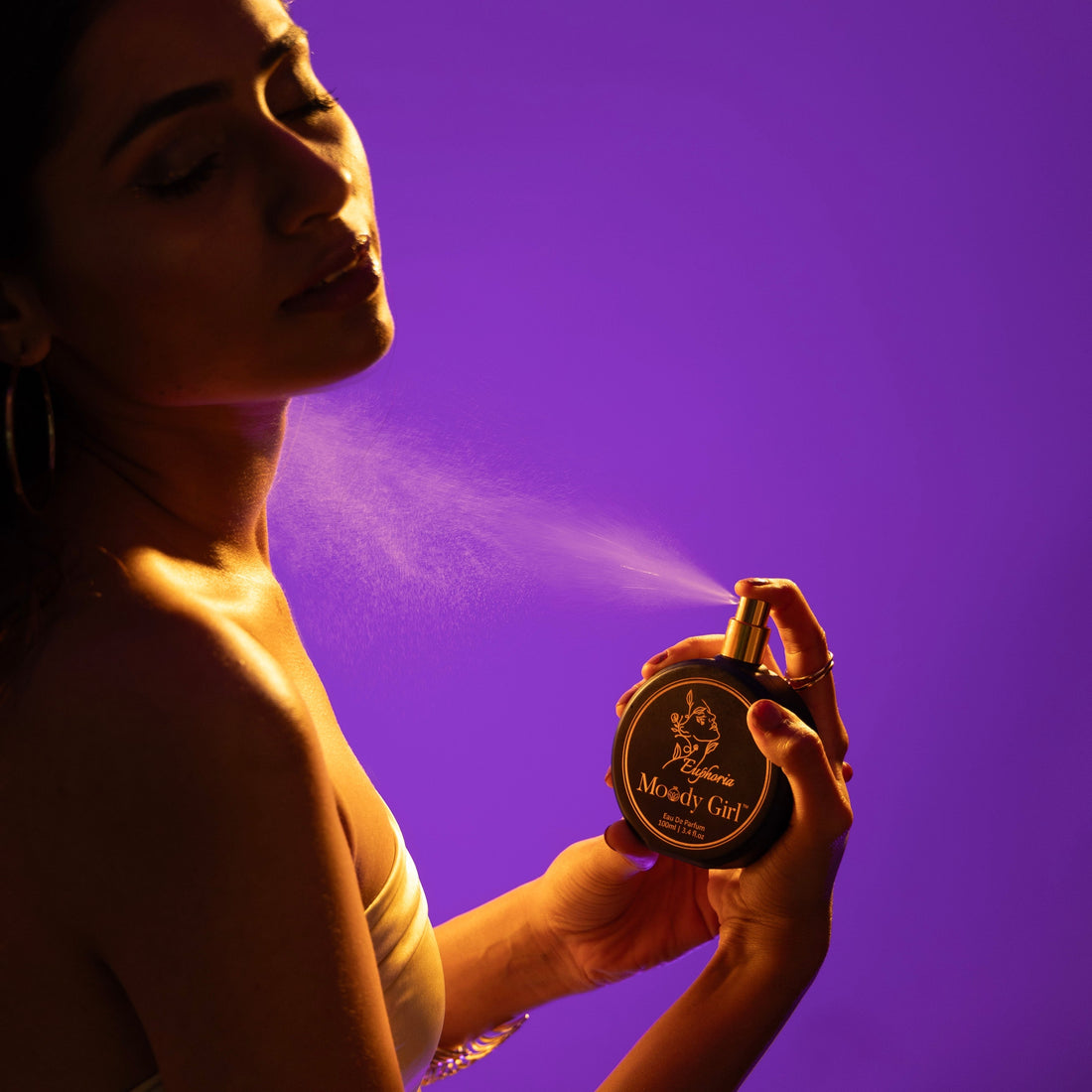
Why Phthalates Are Dangerous
Share
Why Phthalates Are Dangerous
Perfume and fragrance in general can awaken our senses, connect us to memories, and reflect our personality. But lurking within many beloved scents are phthalates, chemicals often overlooked yet increasingly linked to a spectrum of health concerns. Let’s explore what science and regulation reveal about their danger.
What Are Phthalates?
Phthalates are synthetic chemical compounds derived from phthalic acid. In fragrances, they act as:
- Fixatives slow evaporation so the scent lingers.
- Solvents blend fragrance elements evenly.
- Carriers help the scent bind to skin and project effectively.
The most common phthalate in perfumes is diethyl phthalate (DEP); previously used compounds include dibutyl phthalate (DBP) and dimethyl phthalate (DMP). (U.S. Food and Drug Administration, PubMed)
Studies of 47 perfume brands revealed universal detection of these phthalates—DEP in all samples and others like BBP and DEHP in many—often exceeding threshold safety limits. (PubMed)
The Health Risks: Why Phthalates Are Considered Dangerous
Endocrine Disruption & Hormonal Effects
Phthalates are recognized endocrine disruptors, chemicals that disturb hormone functions. Their interference can manifest in reproductive, neurological, and metabolic health. (The Washington Post, Wikipedia)
DNA Damage & Genotoxicity
Laboratory tests show that perfumes containing phthalates can cause DNA damage, with a significant proportion inducing higher levels of cellular harm than chemical controls. (PubMed, Frontiers)
Occupational & Everyday Exposure
Sales clerks in cosmetic and fragrance stores have shown significantly elevated urinary phthalate levels post-shift, indicating both inhalation and dermal exposure contribute to risk—many exceeded safe exposure limits. (PubMed, fishersci.com)
Biological Accumulation
Women who applied perfumes had nearly threefold higher levels of a DEP metabolite compared to those who didn’t use these products. (PubMed, Nature)
Broader Health Conditions
Recent studies highlight links between phthalate exposure and insulin resistance, heart disease, metabolic disorders, developmental issues, and even neurobehavioral problems like ADHD. (New York Post, The Washington Post, Health)
One notable investigation estimates that DEHP, a phthalate found in everything from perfumes to plastics, may have contributed to over 350,000 global deaths from heart disease in 2018 alone—especially in South Asia and India. (New York Post, The Sun)
Regulatory Landscape: What Governing Bodies Say
- U.S. (FDA): DEP remains permitted in cosmetics; neither DEP nor other phthalates are banned, and fragrance ingredients may be listed generically as "fragrance" with no specifics disclosed. (U.S. Food and Drug Administration)
- European Union (EU): Phthalates like DBP, BBP, DEHP, and others are prohibited under EC Regulation 1223/2009 due to carcinogenic and endocrine-disrupting properties. (MDPI, PubMed, Wikipedia)
- Despite bans, studies still detect banned phthalates in EU-manufactured perfumes. (PubMed)
How to Reduce Exposure to Phthalates
- Seek “phthalate-free” or clean beauty labels.
- Use databases/tools like the EWG Skin Deep or Healthy Living app to assess product safety. (Health, New York Post)
- Choose essential oil–based or natural fragrances that use botanical fixatives instead.
- Minimize product use—less frequent application reduces cumulative exposure. (The Washington Post, New York Post)
- Avoid fragranced personal care products like scented lotions or detergents. (New York Post, The Washington Post)
Final Thoughts
Phthalates may help your favorite scent last, but growing evidence associates them with serious long-term health issues—from hormone disruption and DNA damage to elevated heart disease and neurodevelopmental risks. With loose labeling laws obscuring what's inside that “fragrance,” many consumers unknowingly expose themselves daily.
By staying informed, reading labels, and supporting brands that prioritize transparency and safety, you can enjoy fragrance guilt-free—protecting both your health and your peace of mind.


9 comments
4zygkb
nanje7
txn6ep
nxszx2
uxredc